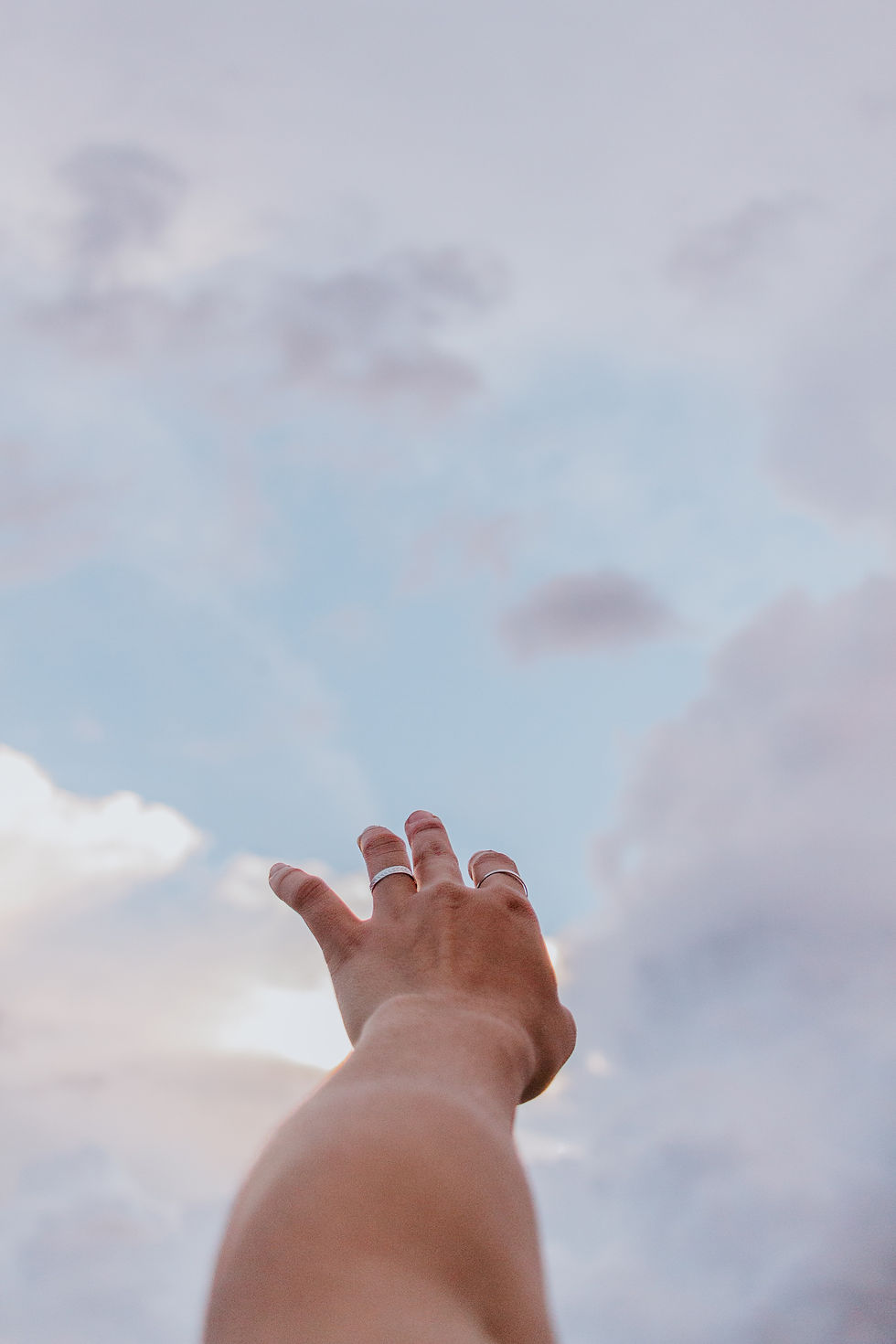COVID-19: The Difficulties with Self-Isolating
- MP
- Mar 17, 2020
- 2 min read
Updated: Apr 7, 2020
There is an unspoken difficulty with self-isolation. As much as we'd like to pretend that it is easy to do, it is extremely difficult to accomplish. Here are some of the reasons it may be difficult to enact:
1. You don't know when to start. COVID-19 has been quite elusive. From its infectivity, to how it variably manifests and is diagnosed in different individuals, to its currently ill-defined true mortality, it's been a tough disease of which mentally to get a hold. With self-isolation, timing is of the essence. But when the parameters are nebulous and changing, it isn't easy to know the perfect timing. You may not realize the cat's out of the bag before it's too late.
2. You still need a paycheck.
Not everyone has the luxury of self-isolating. Self-isolation requires adequate support. If you're the sole breadwinner with mouths to actively feed, on hourly wages without benefits or a net, or your industry isn't mandating closure or providing a furlough, you might be stuck in figuring out what to value first. Although self-isolation is the right thing to do in a pandemic, what's right may be hard when you're operating out of necessity.
3. You can't stand it.
Self isolation is just that, a cessation of interaction. For weeks. It can be more than a little cabin fever, it can be mentally traumatic. We give up the false busyness of our lives, the created interactivity which serves to distract us from meaninglessness. Most of us are not cut out for being long-term hermits, and even a few days can cause us to begin to crack under the pressure of feeling we're no longer human.
4. You're fearful.
The latency and spectrum of manifestation of symptoms of COVID-19 have brought up a conundrum. What do you do with mild symptoms? Do you self-declare or do you pretend that nothing's wrong, especially if you're fearful that speaking out might stigmatize you, prevent you from being able to accomplish what you still need to on a daily basis. Self-isolation may be easier if you have florid symptoms and require diagnosis for treatment; otherwise, is it in your best interests to disclose your disease to the world?
5. You disbelieve.
At least a few individuals out there still think this is a joke, a hoax, a conspiracy, not as bad as what we're being told. These are the people who pretend that everything is exaggerated and life just needs to go on. This form of repudiation of self-isolation is really a defiant form of denial, and it only has legs as long as the mortality from disease isn't too bad.
6. You only put yourself first.
Recently there was a Chinese woman who couldn't get testing done in the US. She flew back to China to get testing to confirm whether or not she had the disease, which she did. Such a story baffles the mind, that someone would put countless others in harm's way when she did not have to, only to receive a diagnosis for herself. It is crucial to remember that the spread of disease depends very much on culture, custom, and manners. Self-isolation is an expression of consideration for your fellow man.




Comments